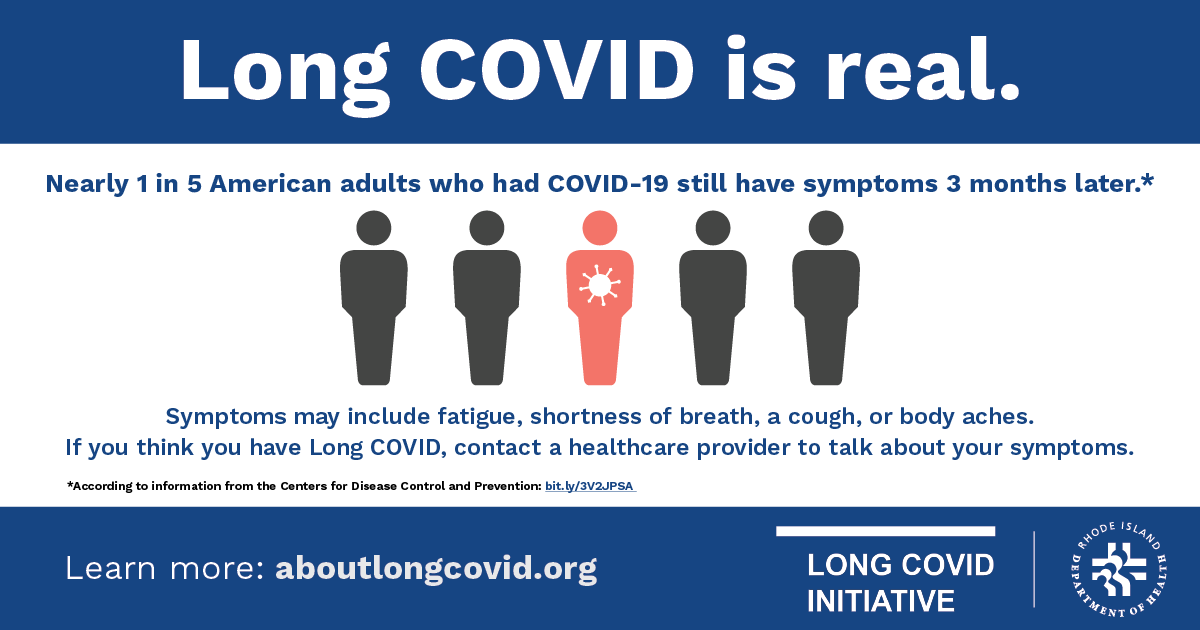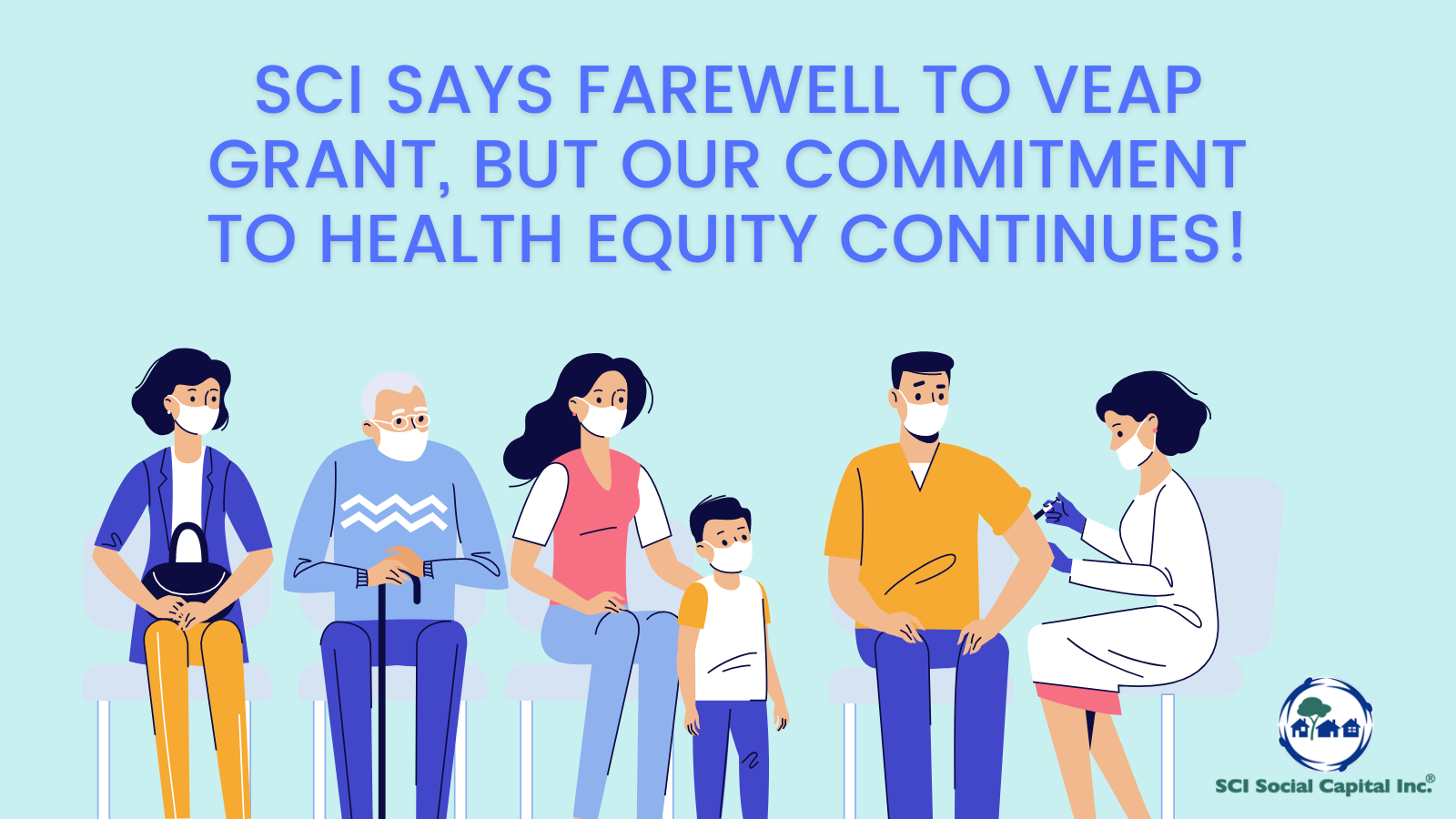“Long COVID”, “Long-Haul COVID”, “Post-acute COVID-19”, “Long-Term Effects of COVID”, and “Chronic COVID”. These are just some of the terms you may have heard used to describe a phenomenon known as post-COVID conditions (PCC). Today we wanted to take a moment to share some information about PCC – what we understand about it so far, common symptoms, and prevention.
While most people with COVID-19 recover within a few days to a few weeks after being infected, some people continue to have health issues for much longer time periods. These long-term effects, resulting from their infection are known as post-COVID conditions (PCC) or “Long COVID”.
Post-COVID conditions involve various health problems that can last weeks, months, or years. While these issues tend to occur more often in people who experienced severe COVID-19 illness, anyone who has been infected with the virus that causes COVID-19 can experience post-COVID conditions.
It is less common, but possible for someone with post-COVID conditions to have not knowingly been infected with COVID-19 (they may not have tested positive for COVID-19 or have had any noticeable symptoms), and there appears to be a greater risk of developing post-COVID conditions in people who have not been vaccinated against COVID-19 and become infected.
Below is a list of common symptoms of post-COVID conditions from the World Health Organization
- Fatigue
- Shortness of breath or difficulty breathing
- Memory, concentration or sleep problems
- Persistent cough
- Chest pain
- Trouble speaking
- Muscle aches
- Loss of smell or taste
- Depression or anxiety
- Fever
Additionally, some people experience symptoms that are hard to explain and are similar to those found in people with Chronic Fatigue Syndrome and similar illnesses.
A lot is still not understood about post-COVID conditions but health officials are working to better understand the disorder, including who experiences it and why, as well as whether groups who have been more significantly impacted by COVID-19 have a greater risk of developing post-COVID conditions. If you have concerning symptoms, especially after a known COVID-19 infection, it’s important to speak with your healthcare provider to identify any new medical conditions and determine if you may have post-COVID conditions.
Avoiding infection by staying up-to-date on COVID-19 vaccinations is the best way to prevent post-COVID conditions. Research suggests that people who are vaccinated but experience a breakthrough infection are less likely to report post-COVID conditions, compared to people who are unvaccinated.
To learn more about Post-COVID conditions visit:
https://www.cdc.gov/coronavirus/2019-ncov/long-term-effects/index.html
https://www.who.int/news-room/questions-and-answers/item/coronavirus-disease-(covid-19)-post-covid-19-condition
Wondering where to get vaccinated?
Visit our website for up-to-date information on local vaccine clinics: Upcoming Everett and Malden Vaccine Clinics
Visit Vaxfinder.mass.gov or Vaccines.gov to find a location near you!
Text your zip code to 438829
Call 1-800-232-0233
**Photo from Rhode Island Department of Health



